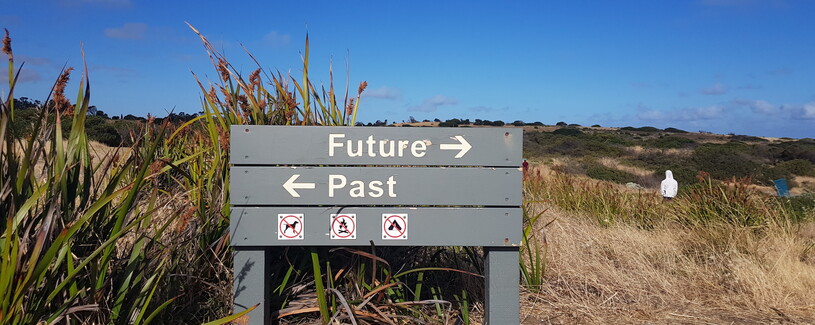Answers to the Questions of My Younger Self

One year ago, I was considering whether I should apply to Yale’s Finance and Deployment of Clean Energy program.
As an energy analyst and energy writer with no technical background, I was hopeful it could help beef up my knowledge and make me better at my job. Who wouldn’t benefit from continued education?
Still, a year program seemed like a big commitment. And the cost ain’t nothing. And did I have time?
So I created a list of my top questions about the program and called up a friend in last year’s cohort. Today I’m about three-quarters of the way through the program, and realize others may be in the position today I was in last year. So I dug up that list of questions to see what answers I have for my younger self.
Question 1: Will the program be helpful to someone already working in the energy field?
Hard yes. I don’t have technical expertise, and much of my understanding of energy is contextual. This program does an excellent job of walking through the building blocks across the energy sector in a way that is accessible and coherent. While it likely isn’t enough training to do a hard career switch (I certainly don’t want to be responsible for a company’s financial modeling on my own), it is great at coloring in the narrative and helping me understand how all these disparate pieces plug into one another.
Also, while I have access to a world of information online and connections (through my job) to some of the smartest energy people around, the reality is I am incredibly motivated by deadlines and grades. Sure, I could have gotten a lot of this information on my own. But frankly, I wouldn’t have learned so much so quickly without a curriculum.
Question 2: Does it feel current? Energy is so quickly changing, is the curriculum able to incorporate innovations?
Yes and no. The materials were created for the first cohort three years ago, which is a lifetime in clean energy. There was an administration change, and with it a shift in clean energy policy that wasn’t subtle. There are newer programs, technology and data than in the course materials.
But even with moments of specifics feeling dated, the narrative and principles are more long-lasting. They’re more valuable than I could have imagined — I simply didn’t know what I didn’t know.
Question 3: Does it help with connections? Is the experience worth it when it’s online?
Yes and no. The limits of the ability to connect are self-imposed, as I have a minimal desire to connect with more people through a screen in the age of COVID. The people I have connected with are truly impressive and generous with their time. And Yale does a good job of making me feel part of the Yale community, offering resources, talks, and office hours with professors who are truly passionate about education.
Question 4: Is a certificate helpful? Does anyone recognize a certificate as an established credential?
Honestly, no clue.
Let’s be real: one of the appeals of the program is to add a name-brand institution to the resume. Yet when friends say I’m “going to Yale” I feel obliged to quickly point out that it’s “just a certificate program.”
Time will tell if others recognize this credential in my professional life. But after attending the program I can say I have a lot more respect for certificate programs. This has been academically rigorous, information-rich, and a marathon of sustained work.
Question 5: Is the workload manageable with a full-time job?
Yes, but at times it’s stressful.
The workload from week to week varies. The program predicts it will take four to six hours, but sometimes you need to remember how math works and it takes 10.
My job also has ebbs and flows of workloads, and sometimes it’s more difficult to carve out the time. Some weeks I’m on vacation and I just don’t feel like working. Sometimes it’s a pain to try to remember unit conversions while van camping in a national park.
What the program does well is breaking down the homework into bite-sized lectures, quizzes, and readings. It makes it easy to drop in and check a few things off the list, or catch up on lectures on a long car ride. Also, I’ve gotten used to it. It feels like a routine now and continues to be rewarding — even when it’s annoying.